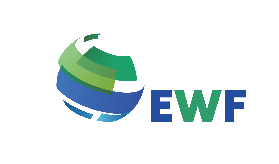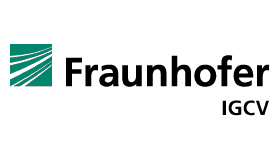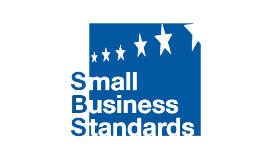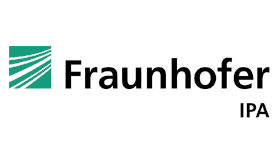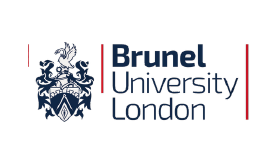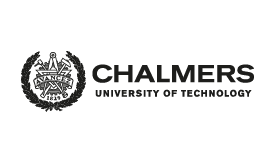Horizon Europe, the new Framework Programme for Research and
Innovation for the period of 2021-2027,
will support valorising R&I results through standardisation to the highest possible
extent. As emphasised in the European Green Deal and in the New Industrial
Strategy
for Europe,
developing new standards, coupled with increased EU participation in international
standardisation bodies, will be essential to boost European industry’s
competitiveness
and resilience and build a sustainable future.
Standards will help to valorise and
spread the scientific discoveries and inventions towards the green and
digital
transition and the EU's open strategic autonomy. The updated EU Industrial Strategy of
May 2021 announces a strategy and possible legislative change for more leadership in
standard-setting while working openly with others on areas of mutual interest. In line
with the Communication ‘A new ERA for Research and Innovation’, Guiding Principles for
knowledge valorisation will be developed and
implemented by a set of codes of practice.
One of them will be dedicated to standardisation. The code of practice for researchers
on standardisation shall provide a set of recommendations on how
beneficiaries of public
R&I funds can best valorise project results through standardisation.
As a first step, Directorate-General Research and Innovation has launched a
comprehensive survey targeted to Horizon 2020 beneficiaries. It aims to
identify and
analyse examples of projects and respective evaluations where research
results were
successfully exploited thanks to the involvement of beneficiaries in standardisation
activities. In particular, BUL is involved in INTEGRADDE, being one example that pushed
the link to standardisation to the level of establishing a Liaison (Category C) with
ISO
TC261 – Additive Manufacturing. The analyses of Horizon 2020 project data
will create an
evidence base to help understand success factors of European R&I
projects in using
standardisation as a successful conduit to valorise their results. It should be
available towards the end of 2021 and allow drawing first conclusions
and identifying
good examples. As next step, the widest possible circle of stakeholders will be involved
to co-create the code of practice for researchers on standardisation that will provide
practical guidance responding to researchers’ needs, underpinned by
concrete best
practices.
Community building, information sharing, and other methodological
approaches are of
great importance for accelerating the exchange between all involved parties and
trigger
knowhow development. There are several important activities at the
European and
national
level providing valuable tools and inputs related to the STAND4EU approach, to name
the
few:
- Standardisation activities and standards mapping research carried out by EFFRA , the European Factories of the Future Association, private partner in the Horizon 2020 Partnership ‘Factories of the Future’ and the Horizon Europe Partnership ‘Made in Europe’ (see EFFRA Innovation Portal and ConnectedFactories in Chapter 1.2.1);
- The Rolling plan for ICT standardisation released in 2021 that explores the role that standards and ICT technical specifications can play in achieving EU policy objectives and also addresses challenges for Circular Economy in the current version;
- Priorities for ICT Standardisation for the Digital Single Market addressing challenges for digitalization described since 2016 and the roadmap for upcoming standardization strategy currently being developed by the European Commission aiming to address the challenges facing the European standardization system;
- BRIDGIT2 addressing the gap between standardisation, R&I communities and listing the barriers;
- The CEN and CENELEC Strategy 2030 and the ETSI long term strategy that sets out the key priorities for sustainable development of these organisations that will shape the strategic direction of the European standardisation system over the next ten years;
- At national level: The German Standardization Roadmap on Industry 4.0 as well as the German Artificial Intelligence (AI) Standardization Roadmap that elaborate the essential recommendations for digitalization in the field of Industry 4.0 and AI offering unique tools for sharpening the standard development lifecycle.
